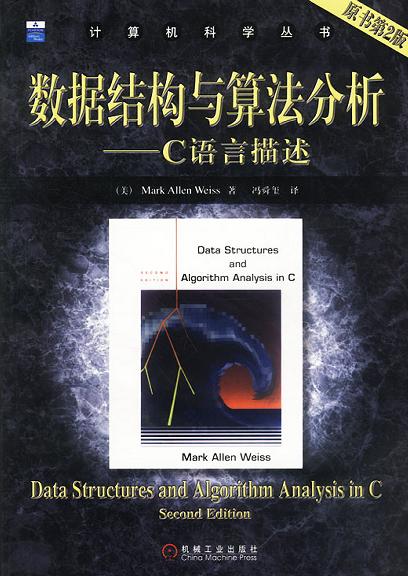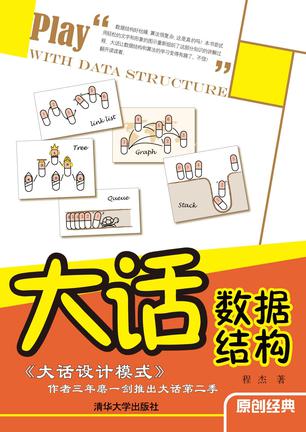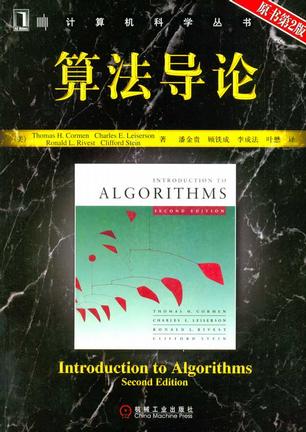Beginning Linux Programming
内容简介
Beginning Linux Programming, Fourth Edition continues its unique approach to teaching UNIX programming in a simple and structured way on the Linux platform. Through the use of detailed and realistic examples, students learn by doing, and are able to move from being a Linux beginner to creating custom applications in Linux. The book introduces fundamental concepts beginning with the basics of writing Unix programs in C, and including material on basic system calls, file I/O, interprocess communication (for getting programs to work together), and shell programming. Parallel to this, the book introduces the toolkits and libraries for working with user interfaces, from simpler terminal mode applications to X and GTK+ for graphical user interfaces. Advanced topics are covered in detail such as processes, pipes, semaphores, socket programming, using MySQL, writing applications for the GNOME or the KDE desktop, writing device drivers, POSIX Threads, and kernel programming for the latest Linux Kernel.
......(更多)
作者简介
Neil Matthew has been interested in and has programmed computers since 1974. A mathematics graduate from the University of Nottingham, Neil is just plain keen on programming languages and likes to explore new ways of solving computing problems. He’s written systems to program in BCPL, FP (Functional Programming), Lisp, Prolog, and a structured BASIC. He even wrote a 6502 microprocessor emulator to run BBC microcomputer programs on UNIX systems. In terms of UNIX experience, Neil has used almost every flavor since the late 1970s, including BSD UNIX, AT&T System V, Sun Solaris, IBM AIX, many others, and of course Linux. He can claim to have been using Linux since August 1993 when he acquired a floppy disk distribution of Soft Landing (SLS) from Canada, with kernel version 0.99.11. He’s used Linux-based computers for hacking C, C++, Icon, Prolog, Tcl, and Java at home and at work.
All of Neil’s “home” projects are developed using Linux. He says Linux is much easier because it supports quite a lot of features from other systems, so that both BSD- and System V-targeted programs will generally compile with little or no change.
Neil is currently working as an Enterprise Architect specializing in IT strategy at Celesio AG. He has a background in technical consultancy, software development techniques, and quality assurance. Neil has also programmed in C and C++ for real-time embedded systems.
Rick Stones started programming at school (more years ago than he cares to remember) on a 6502-powered BBC micro, which, with the help of a few spare parts, continued to function for the next 15 years. He graduated from Nottingham University with a degree in Electronic Engineering, but decided software was more fun.
Over the years he has worked for a variety of companies, from the very small with just a dozen employees, to the very large, including the IT services giant EDS. Along the way he has worked on a range of projects, from real-time communications to accounting systems, to very large help desk systems. He is currently working as an IT architect, acting as a technical authority on various major projects for a large pan-European company.
A bit of a programming linguist, he has programmed in various assemblers, a rather neat proprietary telecommunications language called SL-1, some FORTRAN, Pascal, Perl, SQL, and smidgeons of Python and C++, as well as C. (Under duress he even admits that he was once reasonably proficient in Visual Basic, but tries not to advertise this aberration.)
......(更多)
读书文摘
The programming shows that the shell is being invoked to expand popen*.c to the list of all files starting
......(更多)






